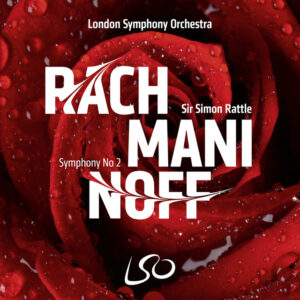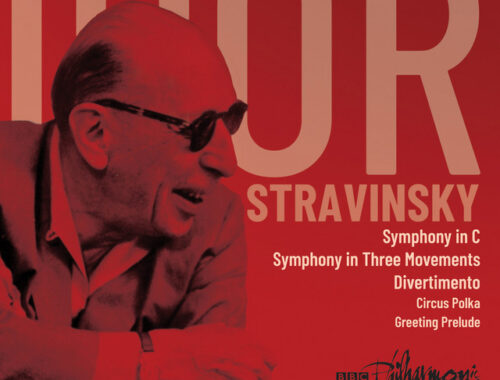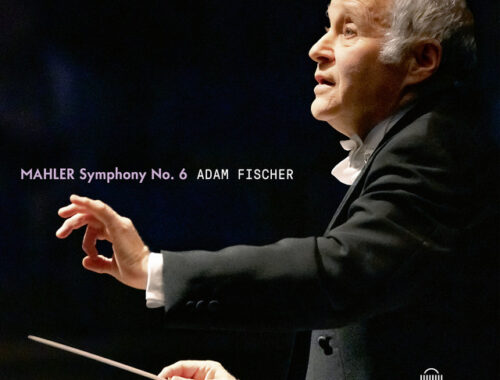GRAMOPHONE Review: Rachmaninov Symphony No. 2 – London Symphony Orchestra/Rattle
 The London Symphony Orchestra have a kind of ownership on this piece. The era of Andre Previn and his and their championship of it was one of the defining moments in a period of change – not least a change of image – for classical music. Simon Rattle was in there too (during his Los Angeles Philharmonic tenure) questioning how such a magnificent piece could have spent so long in the shadows of the core repertoire.
The London Symphony Orchestra have a kind of ownership on this piece. The era of Andre Previn and his and their championship of it was one of the defining moments in a period of change – not least a change of image – for classical music. Simon Rattle was in there too (during his Los Angeles Philharmonic tenure) questioning how such a magnificent piece could have spent so long in the shadows of the core repertoire.
His ardent view of it is dark and intense and driven by an underlying sense of urgency – not in terms of tempi but rather its emotional charge. There is an exciting muscularity about it, not least in the second and fourth movements – that big-boned LSO brilliance being a key factor. But the immediacy and brightness of the LSO Live sound (familiar now from this source) can be pretty unyielding and there’s a fierceness about those hyper-romantic tuttis that sounds edgier and more ‘in your face’ than it surely would in the flesh.
In making a direct comparison with the complete Previn version (EMI now Warner Classics) I would say that Rattle is more in tune with the dramatic imperative of the piece and where he really ramps up the ante in those overheated climaxes Previn opens his arms to their expansiveness and their expensiveness. His approach is more filmic, if you like – a sweeping romantic epic of a performance.
In the poignant slow movement that eternal clarinet solo is very lovely in the new Rattle version and that magical moment later in the movement where the violins steal back in with the clarinet melody is most tenderly managed. But – and this again may have something to do with the sound – the movement as a whole lacks warmth. The melancholy is writ large but even as the big horn and string led climax generates heat a chill pervades.
So I rather wish I’d heard it live. I suspect that the somewhat brash impression left by the finale could also be attributed to Barbican Hall and its shortcomings as a recording venue. As the horns overreach thrillingly out of the passionate return of the second subject my final thoughts are for Previn and his Super Panavision approach to the great maestoso passage which follows. I still think of it as his piece.
You May Also Like

GRAMOPHONE Review: Stravinsky Symphony in Three Movements, Symphony in C etc. – BBC Philharmonic/David
27/02/2023
GRAMOPHONE Review: Mahler Symphony No. 6 – Düsseldorfer Symphoniker/Fischer
21/02/2022

